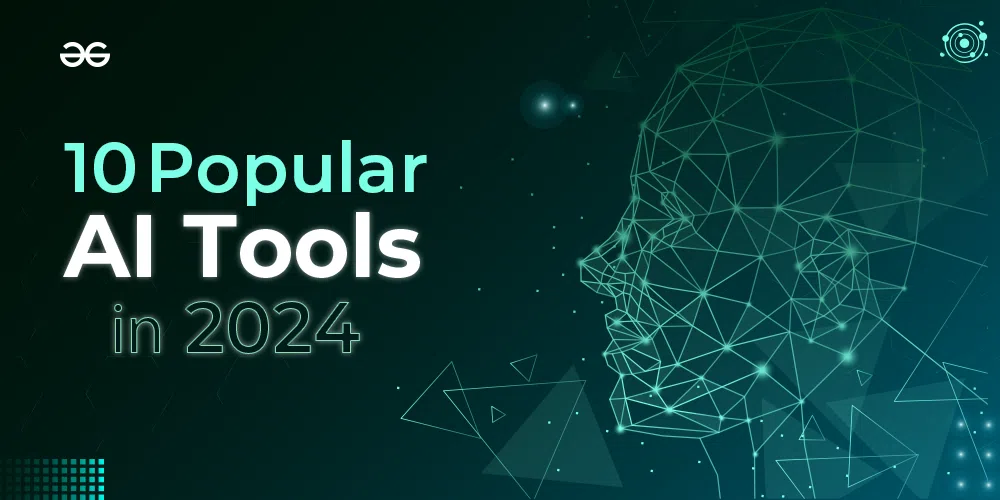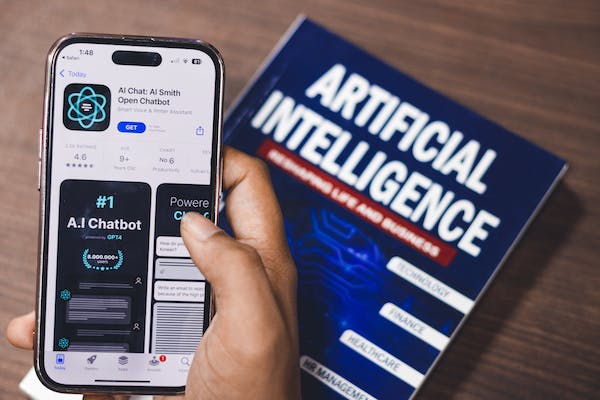Top 10 AI Tools:
The world of Artificial Intelligence (AI) is rapidly transforming academic research, offering PhD students powerful tools to enhance their work. From streamlining data analysis to facilitating literature reviews, AI can significantly improve efficiency and unlock new research avenues. But with a vast array of AI tools available, which ones are most valuable for PhD students? This article explores the top 10 AI tools that can empower your research journey.
Understanding Your AI Arsenal: Core Skills for Effective Use
Before diving into specific tools, it’s crucial to develop a foundational understanding of AI principles. Familiarize yourself with concepts like machine learning (ML), which allows algorithms to learn from data, and natural language processing (NLP), which enables computers to understand human language. While in-depth knowledge isn’t mandatory, a basic grasp of these concepts will enhance your ability to leverage top 10 AI tools effectively.
The Top 10 AI Tools for PhD Students:
-
Mendeley and Zotero: These reference management tools integrate top 10 AI tools to streamline your research workflow. They help organize research papers, automatically generate citations in various styles, and utilize AI-powered search to identify relevant scholarly articles based on your research topic.
-
Trinka and Grammarly: These top 10 AI tools writing assistants are invaluable for crafting polished academic papers. They identify grammatical errors, suggest stylistic improvements, and ensure your writing adheres to academic conventions. Additionally, Trinka can analyze your writing for clarity and conciseness, helping you communicate your research effectively.
-
Jenni.ai and Writesonic: These top 10 AI tools content generation tools can assist with brainstorming research ideas, creating outlines, and generating drafts of specific sections in your thesis or dissertation. However, it’s important to remember that these tools don’t replace critical thinking and analysis; they simply provide a starting point for your own research and writing.
-
PDFgear and Adobe Acrobat Pro DC: These powerful PDF reader applications utilize AI for efficient literature review. They offer text summarization features that extract key information from research papers, allowing you to scan and synthesize large amounts of academic literature more efficiently.
-
Scite and Paperpile: These AI-powered reference management tools go beyond simple citation management. They analyze your research papers, identify key concepts and relationships between studies, and suggest relevant academic literature to explore further. This allows you to develop a comprehensive understanding of your research field and build upon existing knowledge.
-
Lateral.io and Notion: These project management tools leverage AI to organize your research workflow. They integrate with other AI tools like Mendeley and Zotero, facilitate task management, and allow you to create a centralized hub for your research project. Additionally, AI-powered features like deadline reminders and progress tracking can help stay focused and on track.
-
Explainable AI (XAI) Tools: As you delve deeper into AI-generated insights, understanding the “why” behind the results becomes crucial. XAI tools allow you to visualize and interpret the reasoning behind AI models’ predictions. This transparency is vital for ensuring the validity and trustworthiness of research conclusions influenced by AI analysis.
-
OpenAI Playground and Hugging Face: These platforms provide access to pre-trained AI models for various tasks. While advanced coding skills might be required for full utilization, these resources can be valuable for exploring specific research questions or experimenting with AI applications tailored to your field.
-
Scikit-learn and TensorFlow: These open-source libraries can be powerful tools for PhD students with programming proficiency. Scikit-learn offers various machine learning algorithms for tasks like data analysis and classification, while TensorFlow is a popular framework for building and training custom deep learning models. However, mastering these libraries requires time and dedication but opens doors to advanced AI applications in your research. Numerous online platforms offer AI-related courses and tutorials specifically designed for researchers and academics. Coursera, edX, and Udacity provide introductory and advanced courses on AI concepts, cutting edge technology with artificial Intelligence techniques, and natural language processing. These resources can enhance your understanding of AI and equip you to leverage its potential in your research.
Optimizing Your AI Journey: Beyond the Tools
While AI tools offer significant benefits, utilizing them effectively requires a strategic approach:
-
Identify Your Needs: Evaluate your research project and pinpoint areas where AI tools can add the most value. Don’t be tempted to use every tool available; focus on what best addresses your specific research challenges.
-
Data Quality Matters: AI thrives on quality data. Ensure your data is accurate, complete, and properly formatted for optimal results when utilizing AI analysis tools.
-
Critical Thinking and Interpretation: AI outputs and insights should never be blindly accepted. Always critically evaluate AI-generated results, understand their limitations, and use them as a starting point for further analysis and interpretation within your research context.



